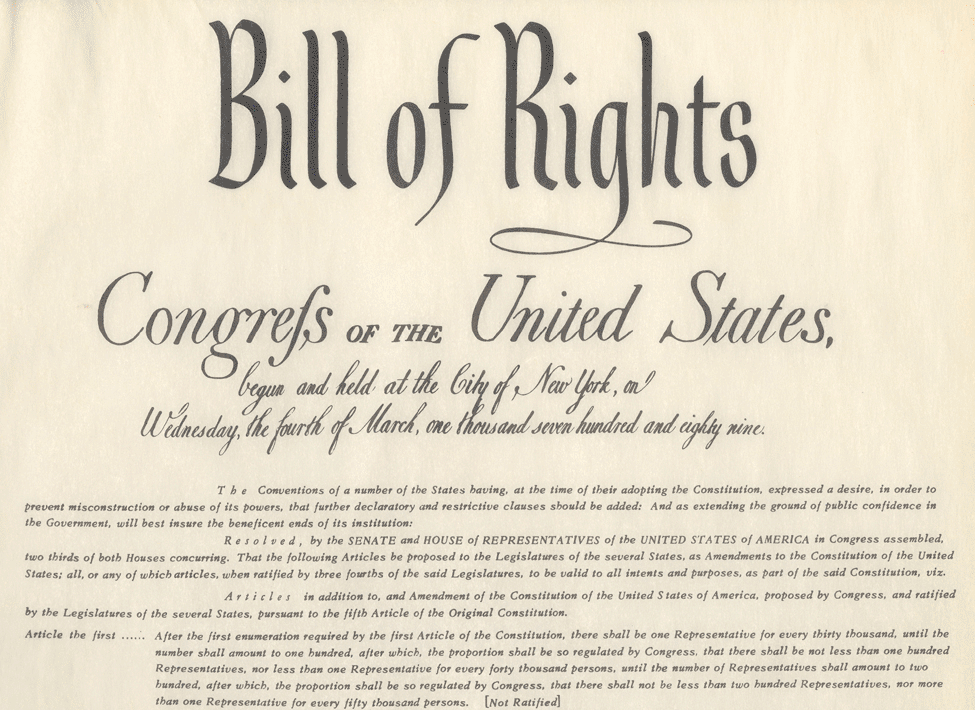On the business level it is a concern because a small company can have a huge impact and by-pass many of the obstacles that the brick and mortar companies have to deal with. Just look at many of the online-only businesses that are currently killing companies like Best Buy. However, even this is not as much of a concern as the effect the Internet is having on the entertainment industry.
With improved technology it is a matter if a few minutes to turn a DVD into a video file that can be spread around the globe for anyone to watch. To the MPAA this is nothing less than stealing as it violates the laws they fought hard to put in place to protect their revenue. They view the people doing this as criminals of the worst kind and dump millions of dollars into lobbying for harsher laws and fines. In some cases criminal copyright infringement has a more drastic consequence than murder or rape (yes someone has their priorities messed up).
Now you can argue whether or not the re-distribution of a movie is theft or not (there are valid points to both sides), but there is one thing that is certainly true. With the introduction of the Internet there has been a massive explosion of culture sharing across the world. It is possible to people to watch television programing and movies, listen to music and to experience art from almost anywhere in the world. This small thing can have a massively positive benefit as it helps to break down the barriers between people in different nations.
There are many countries that see this as a very bad thing though. In China they have a national firewall that blocks the results from many searches and also can help the government track down bloggers that have an opposing view on the government. In Iran the internet has been blocked to prevent people from getting news to the outside world on what was happening inside the country and also to block news from outside Iran. The pattern has been repeated around the world in too many places to list. Each time we hear politicians in democratic nations denounce this and throw around a lot of talk about civil rights and liberties.
When the push the exact same types of laws in their own countries things are different. There is no talk of violating civil rights, no talk of abusive behavior, and have no real response when it is pointed out that they are now trying to put the same type of systems in place that exist in the very countries they claim are so bad. Still they are keenly aware that there is a growing group of people around the world that are not happy with the business led governments they have running things. Groups like Anonymous, Occupy and more are standing up to try and slow and maybe even turn around the growing corporatization of what originated as a form of government for and by the people of the individual nations. This movement of technologically savvy people is very concerning to many governments and their corporate sponsors.
This fear of the growing movement and the education of people as to what is really going on has and will continue to cause them to try to pass knee-jerk reaction laws instead of listening to what people really want. Unfortunately, without massive change there is very little chance that any of this will change just as none of the laws that are being proposed will stop piracy or prevent cyber-crime. It will simply drive it underground as every other “social” prohibitive law has done. Of course it means that more money can be spent in a new “War On” that will really not do all that much.
Discuss this in our Forum
Editorials
It's All About Control
- Details
- By Sean Kalinich
- Hits: 4199
 SOPA, PIPA, ACTA, TIPA, and more acronyms than most people care to think about are what is in the news. All of these pieces of legislation are designed with one thought in mind; to control the Internet. Now this may sound like little more than a crazed conspiracy theory, but it is not. You see right now the Internet represents a real threat to many businesses (and governments).
SOPA, PIPA, ACTA, TIPA, and more acronyms than most people care to think about are what is in the news. All of these pieces of legislation are designed with one thought in mind; to control the Internet. Now this may sound like little more than a crazed conspiracy theory, but it is not. You see right now the Internet represents a real threat to many businesses (and governments).



